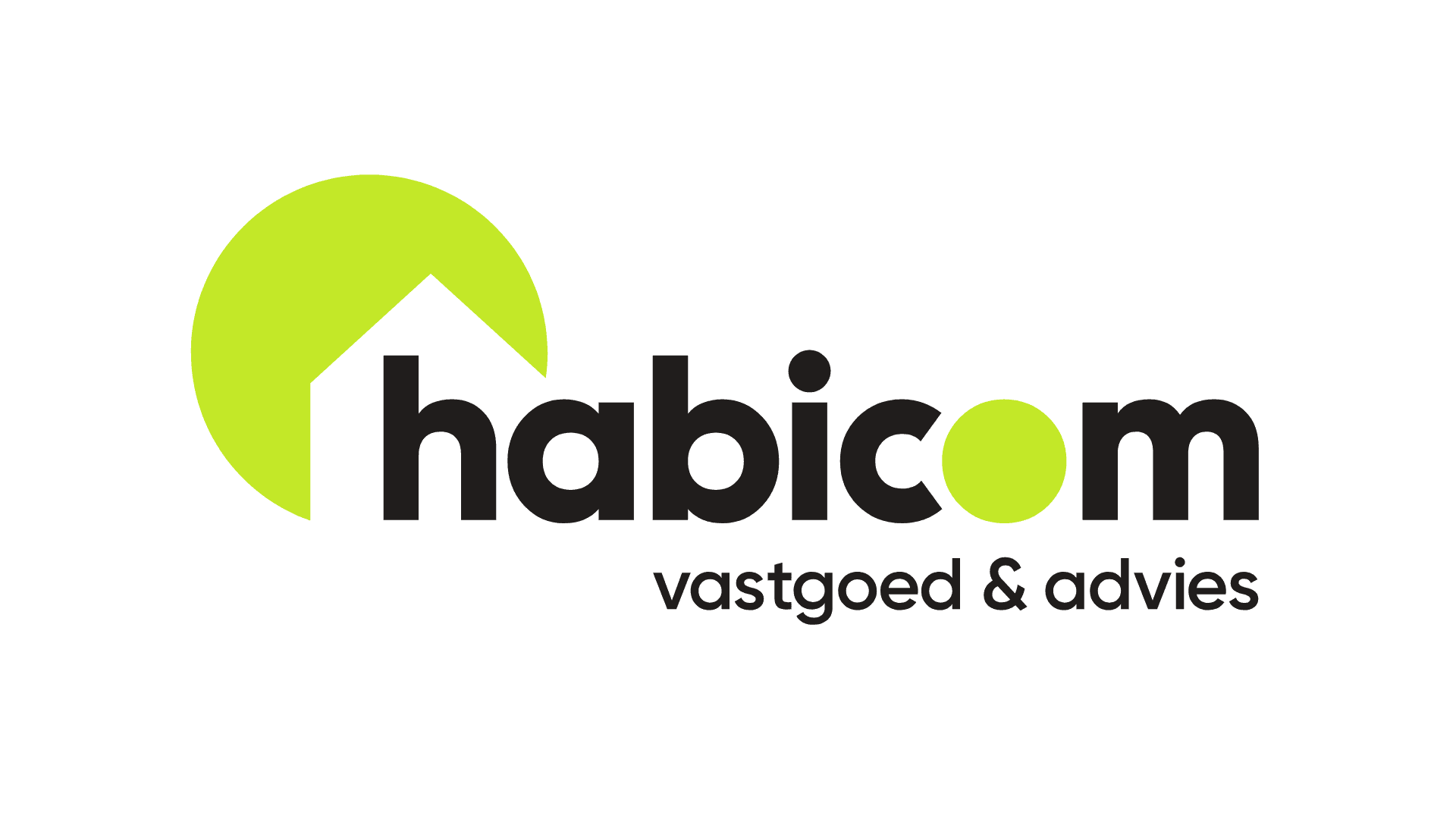Costs refer to the expenses made to enable the tenant to fully enjoy the leased property or to enhance this enjoyment. Some examples include the provision of gas, electricity, heating, and water.
Charges include the taxes and levies paid to the government. Examples of these are the garbage tax and the property tax.
Regarding the distribution of these costs and charges between tenant and landlord, there has often been discussion in the past. The Flemish Housing Rental Decree has attempted to end these discussions. For lease agreements concluded in Flanders from January 1, 2019, there is a clear regulation on which costs and charges can be passed on to the tenant by the landlord.
In general, costs and charges are divided as follows:
Landlord: repairs of damage caused by force majeure or wear and tear.
Tenant: maintenance and minor repairs.
To clarify this distribution and prevent disputes between landlords and tenants, the Flemish Government has drawn up a non-exhaustive list of minor rental repairs. It has also been confirmed that the property tax cannot be passed on to the tenant.
Furthermore, for apartments and houses that are part of a co-ownership, an additional non-exhaustive list has been drawn up, clearly determining the distribution of common costs between tenant and landlord. This makes it clear which common costs the landlord can pass on to the tenant.
This list is included in Annex 2 of the Implementation Decree of December 7, 2018, related to the Flemish Housing Rental Decree and determines as follows:
|
Multi-family dwellings |
For the tenant |
For the landlord |
|
1. Water consumption |
? |
|
|
2. Fuel oil/natural gas consumption |
? |
It is important to note that the landlord and tenant cannot deviate from this regulation in principle, although it will be allowed for the landlord to incur additional costs and charges in favor of the tenant.
In the case of commercial lease/general lease
In the case of commercial lease or general lease, it is possible to determine in the lease agreement who bears the costs and charges. If no agreements have been made, the principle applies that only costs and charges related to services or performances from which the tenant benefits can be passed on to the tenant. This includes energy supply, maintenance of common areas such as heating and lighting, and waste costs.
Costs directly related to the ownership of the property, such as property tax, are the responsibility of the landlord. However, it is common for such costs to be contractually assigned to the tenant, which is possible in the case of commercial lease or general lease, unlike residential lease.
Sometimes there are situations where both tenant and landlord benefit from certain costs or charges, in these cases, the costs are shared between both parties.
Regarding the budgeting of costs and charges in the lease agreement
There are two options:
Costs and charges can be determined on a lump-sum basis. It is important that this is stipulated in the lease agreement to prove the agreement of both parties. The lump-sum amount does not have to correspond to the actual expenses and is not subject to dispute.
If no lump sum has been established, the costs and charges imposed on the tenant must correspond to the actual expenses. These costs and charges must be listed separately in an account, with the landlord providing the tenant with a detailed breakdown of the different costs and the corresponding evidence. Parties cannot contractually exclude this obligation.
Often, the lease agreement stipulates that the tenant pays advances periodically, for example, by transferring a provision to the landlord monthly.

